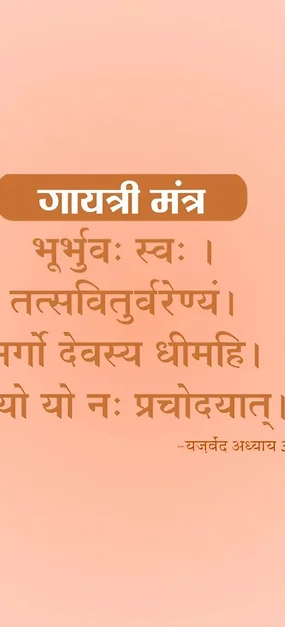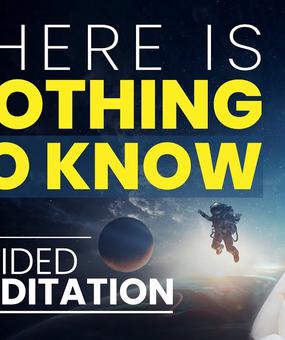Unlike in the West, science and spirituality or religion are not opposed to each other in the East.
What is science? Science is a systematic logical understanding of what is. Scientific knowledge comes as a conclusion of a logical systematic analysis. Science and spirituality and religion have always been in loggerheads in the West. There, in religion, you believe what you don’t know. And if you know something, you don’t need to believe it. In faith, knowing is not that important, but believing is. The paradigm of science is different.
In the West, scientists were persecuted and religious people kept away from science. They were not ready for any logical discussions. That was the situation. But in the Orient, it was different. Here, spirituality or religion had the same parameters as science.
In religion, you don’t need to believe, but you know step by step. Your knowledge grows. The knowledge is called Tatva Gyan in India.
Tatva means principle. Tatva Gyan is knowing the principles.
How many principles are there on this planet? One school could say there are 24. Another would say there are 36.
In the West, scientists were persecuted and religious people kept away from science. They were not ready for any logical discussions
What is the first principle? It’s the earth element. The second Tattva is water, then fire. Ether, mind, intellect, memory, ego and so on follow.
These were the substances that existed: the Tattvas. If you enumerate all the principles, then you finally arrive at a principle called God, which is the sum totality of all the substances in creation. God is the source from which everything has come and to which everything goes. It’s the summum bonum, the basis of all creation.
Similar Approach
Ancient scholars in India said God is smaller than the atom and bigger than the cosmos. God is bigger than the biggest and smaller than the smallest. This is the approach of ‘knowing, not ‘believing’. .
In the Bhagavad Gita, Lord Krishna gave a long talk to Arjuna but finally said, “Look, I have told you whatever I know. You think about it and if it appeals to you, you take it in. Don’t accept it just because I am saying it.” Krishna gave that freedom to Arjuna.
In the Occident, questioning is not allowed in religion. In India, there is an Upanishad called Prashnopanishad that is dedicated to asking questions. The ultimate question is, “Who am I?”
In this approach, the intellect has to mature, so you can go beyond it. You are not asked to drop your intellect and just believe. But you are led to go beyond the intellect. That is why no scientist was persecuted in the East.
In the East, scientists were honoured and they were called Rishis. The Rig Veda says, “Agni purve bhir rishi bhir nootnaye” — Rishis will keep coming on this planet, and they all know one principle. The God principle is honoured. Logic is honoured. Exploration was welcome.
In the East, you are not asked to drop your intellect and just believe. But you are led to go beyond the intellect. That is why no scientist was persecuted
In the recent Kumbh Mela, more than 30 million took a dip in the Ganga. Faith moved them. But at the same time they belonged to many different traditions and schools of knowledge. There was no fanaticism. There was open mindedness – a scientific approach to spirituality. They didn’t say those who don’t believe in a particular knowledge tradition will go to hell. There was no religious indoctrination either.
Science is also a growing topic. It is not final and conclusive forever. We must not be fanatical about science. We should not be fanatical about spirituality.
For instance, we see that medical science keeps reviewing and changing conclusions as it grows. Not long ago, they said you should take statins if your cholesterol is high. Today, they say you should not take statins. They may be harmful.
Similarly, they said butter is not good for you. Now the same science is saying butter is good for you. In the past, they gave permission to the use of chemicals in agriculture and food processing. Those chemicals were approved by scientists. Today, many of those chemicals are being disapproved. Science changes too, and it should.


















